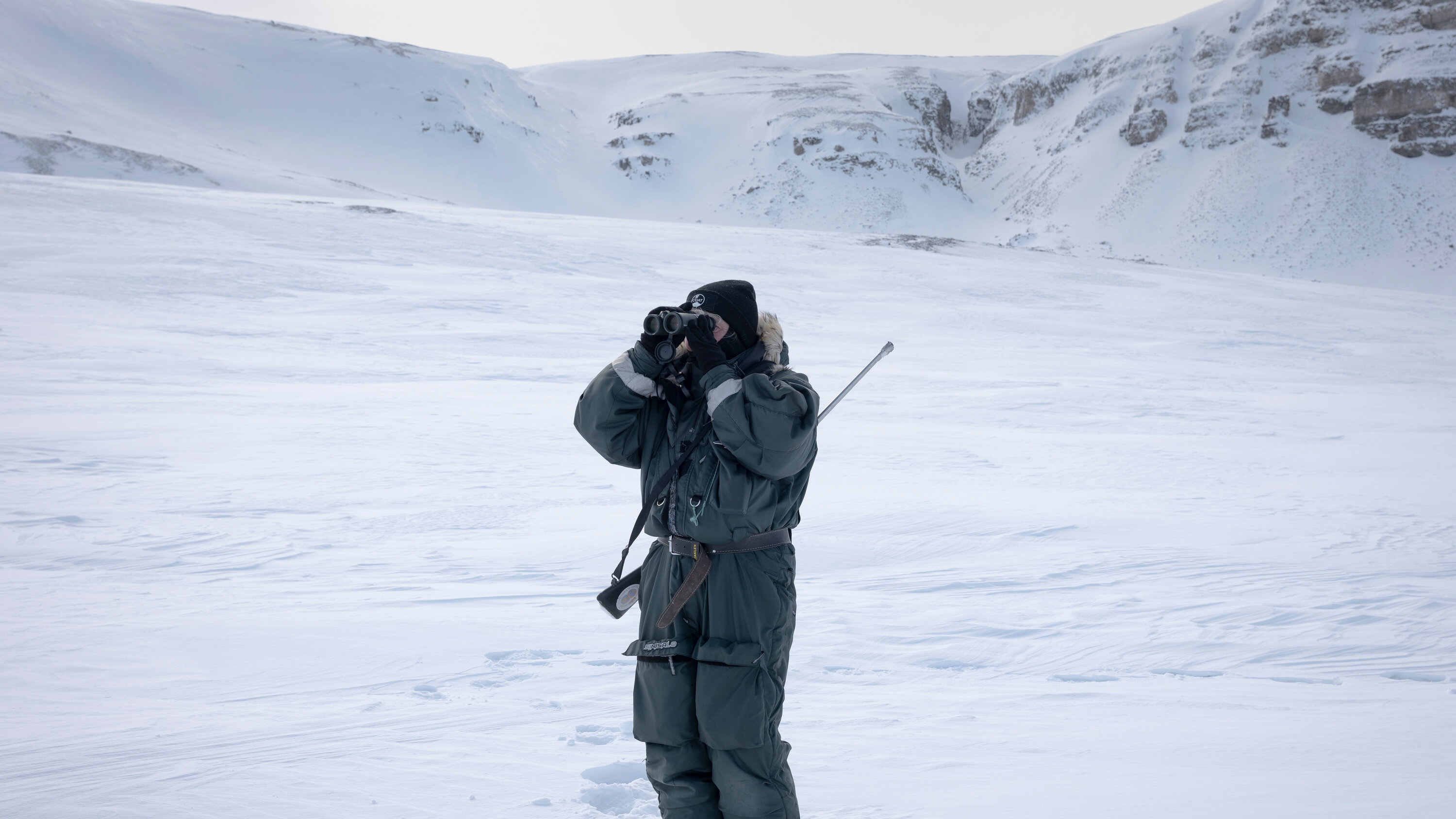Home / Environment / Polar Bears Defy Vanishing Ice, Adopt Daring New Hunting Tactics in Warming Arctic
Polar Bears Defy Vanishing Ice, Adopt Daring New Hunting Tactics in Warming Arctic
10 Oct
Summary
- Underwater kelp forests replace native species in once-frozen Arctic waters
- Reindeer, cut off from traditional routes, now graze on seaweed for survival
- Polar bears, deprived of ice platforms, raid bird nests and hunt reindeer

As the Arctic warms up to seven times faster than the rest of the planet, the delicate ecosystem of Svalbard is undergoing a dramatic transformation. Underwater kelp forests are surging into once-frozen waters, replacing native species. Reindeer, cut off from their traditional foraging routes over vanishing sea ice, are now forced to graze on less nutritious seaweed for survival.
Meanwhile, polar bears, deprived of the ice platforms they once used to hunt seals, have turned to land-based prey. They have developed new hunting tactics, such as climbing underneath reindeer on steep terrain or ambushing them from above. These bears are also showing up in unusual places, leading to more encounters with humans in the region.
Scientists at the Ny-Alesund international research station, the world's northernmost human settlement, are closely monitoring this upheaval. They must now carry rifles and be prepared to use deterrents like shovels and ski poles when facing potential polar bear encounters. The full consequences of this rapid change are still unfolding, and it remains unclear if the plants and animals of the Arctic will be able to adapt.




